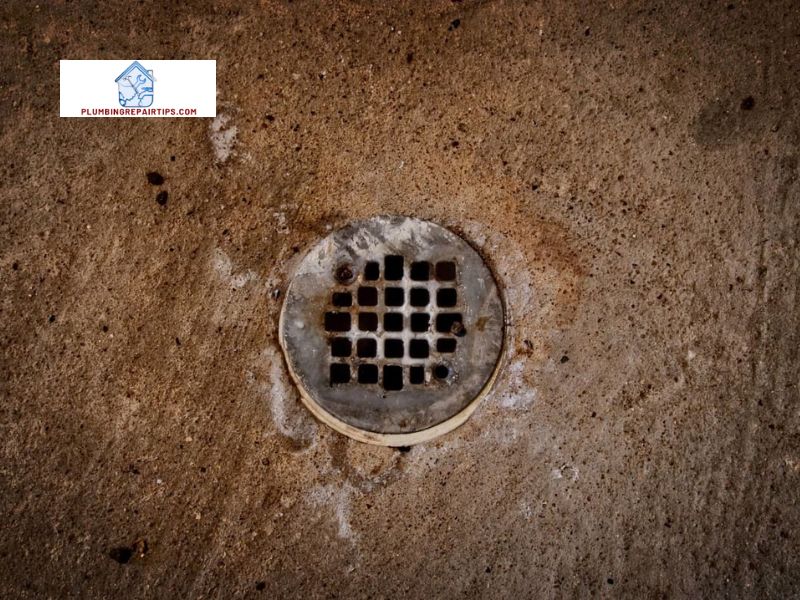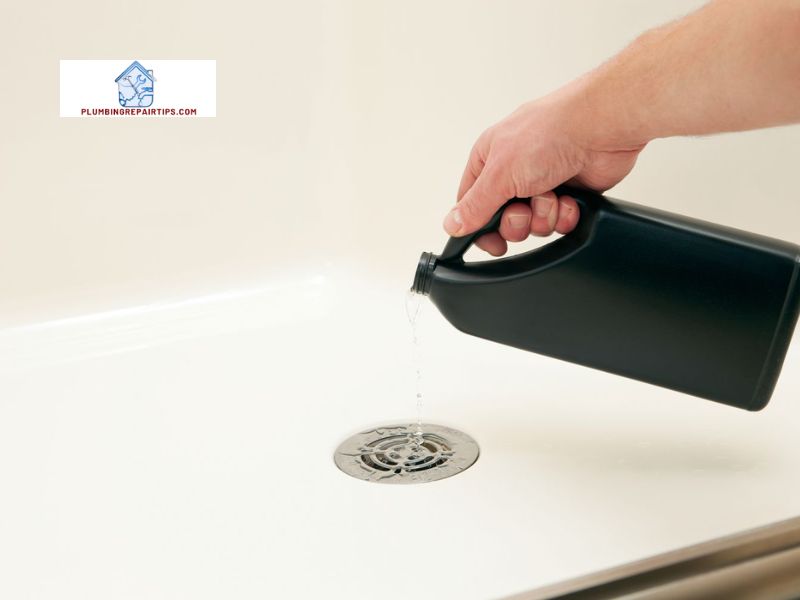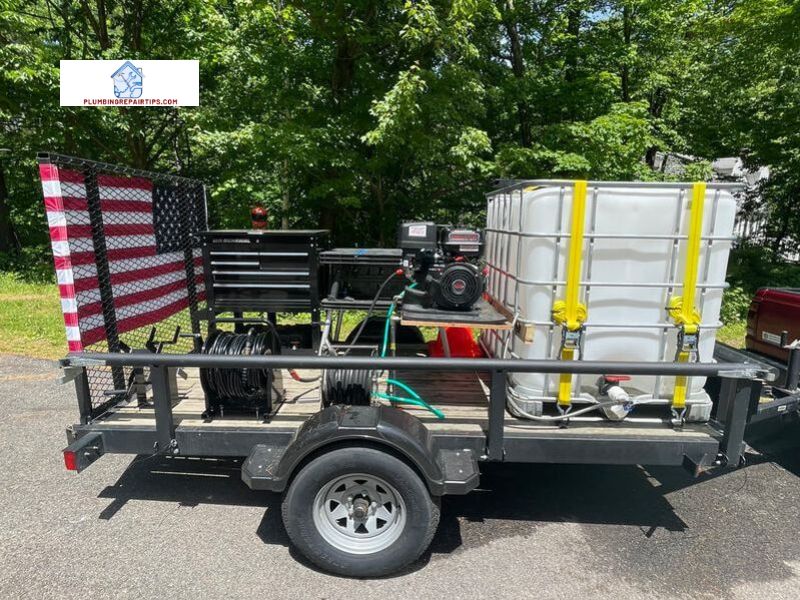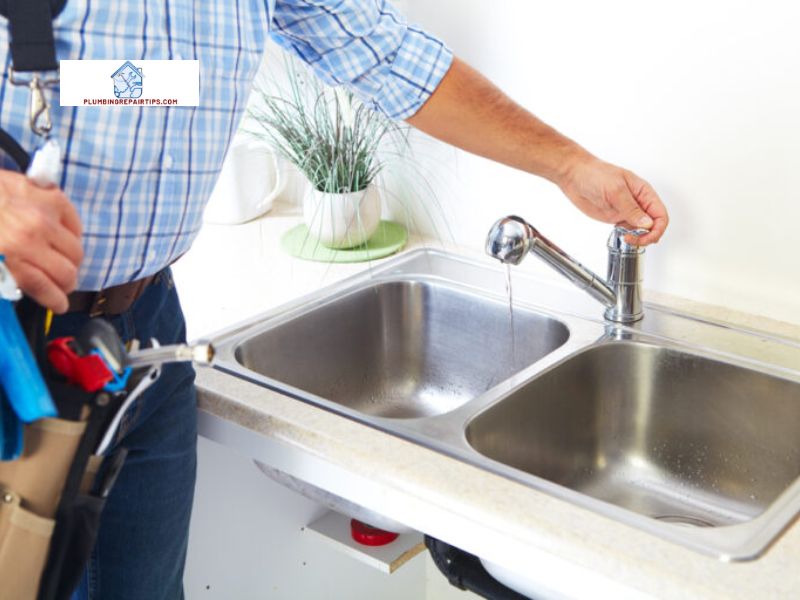Imagine turning on your faucet, expecting clear and refreshing water, only to be greeted by an unsettling sight – brown well water. This phenomenon occurs when your well water appears discolored, often resembling shades of brown or rust. But what exactly causes this unsettling change in water quality? And why is it crucial to address this issue promptly? Discover at plumbingrepairtips.com!
Definition and Explanation of Brown Well Water
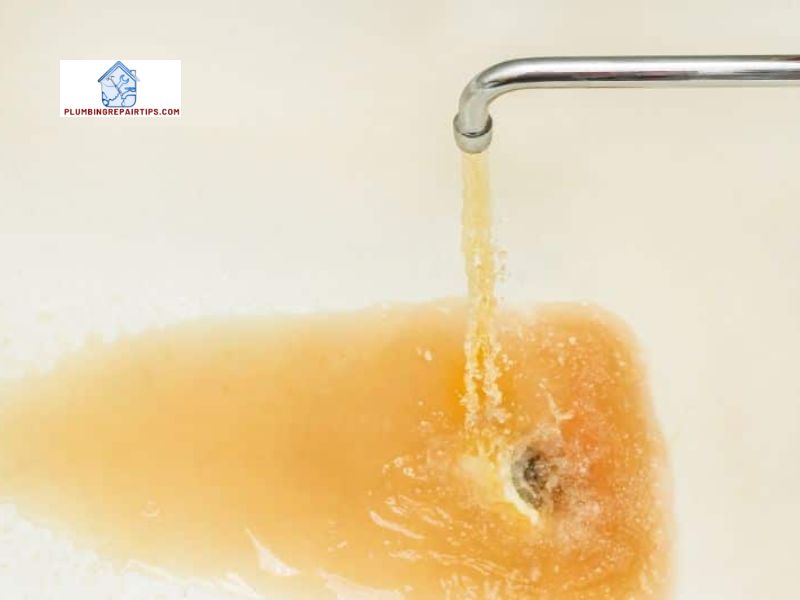
Brown well water refers to the discoloration of water sourced from wells, wherein the water appears brown or rust-like in color. This discoloration is primarily caused by the presence of certain minerals, such as iron and manganese, in the water supply. These minerals can seep into the groundwater and find their way into your well, leading to an unsightly brown tint.
Importance of Addressing the Issue
Addressing the issue of brown well water is of paramount importance for numerous reasons. Firstly, the discoloration is not only aesthetically displeasing but can also raise concerns about the water’s quality and safety. Consuming or using brown well water may pose health risks, as it could contain harmful contaminants or bacteria. Therefore, it is crucial to investigate the cause of the discoloration and take appropriate measures to ensure the water is safe for consumption and other purposes.
Moreover, the presence of brown well water can indicate underlying problems with your well system. It could be a sign of deteriorating pipes, corroded equipment, or other issues that require immediate attention to prevent further damage and costly repairs. By addressing the issue promptly, you can safeguard your well system and maintain a reliable water supply for your household needs.
In the following sections, we will delve deeper into the causes of brown well water, the potential health concerns associated with it, and the testing and treatment options available to restore the water’s clarity. Stay tuned to discover how you can prevent and resolve the issue of brown well water effectively.
Causes of Brown Well Water

Natural Causes: Iron and Manganese Deposits
One of the primary reasons behind the occurrence of brown well water is the presence of iron and manganese deposits in the groundwater. These minerals are naturally present in the soil and bedrock. When water passes through these geological formations, it can pick up iron and manganese particles, resulting in discoloration. The higher the concentration of these minerals, the more pronounced the brown tint of the water.
Human Activities Contributing to Water Discoloration
While natural causes account for a significant portion of brown well water cases, human activities can also contribute to water discoloration. Some common culprits include:
1. Corrosion of Pipes and Plumbing Systems
Over time, pipes and plumbing systems can corrode due to various factors such as age, water acidity, or low-quality materials. Corroded pipes can release rust particles into the water, leading to the brown discoloration. It is crucial to regularly inspect and maintain your plumbing system to prevent corrosion-related issues.
2. Construction and Excavation
Construction projects, including excavation and drilling activities, can disturb the soil and groundwater, causing sediment and debris to enter the water supply. These sediments can contribute to water discoloration, turning your well water brown.
3. Chemical Contamination
Improper disposal of chemicals, such as pesticides, fertilizers, or industrial waste, can contaminate groundwater sources. When these chemicals infiltrate the well water, they can cause discoloration and pose potential health risks. It is essential to handle and dispose of chemicals responsibly to prevent water contamination.
Understanding these causes of brown well water is crucial in determining the appropriate solutions to restore the water’s clarity. In the next section, we will explore the potential health concerns associated with consuming or using brown well water, emphasizing the importance of water testing and monitoring. Stay tuned to ensure the safety of your water supply.
Testing and Treatment Options for Brown Well Water
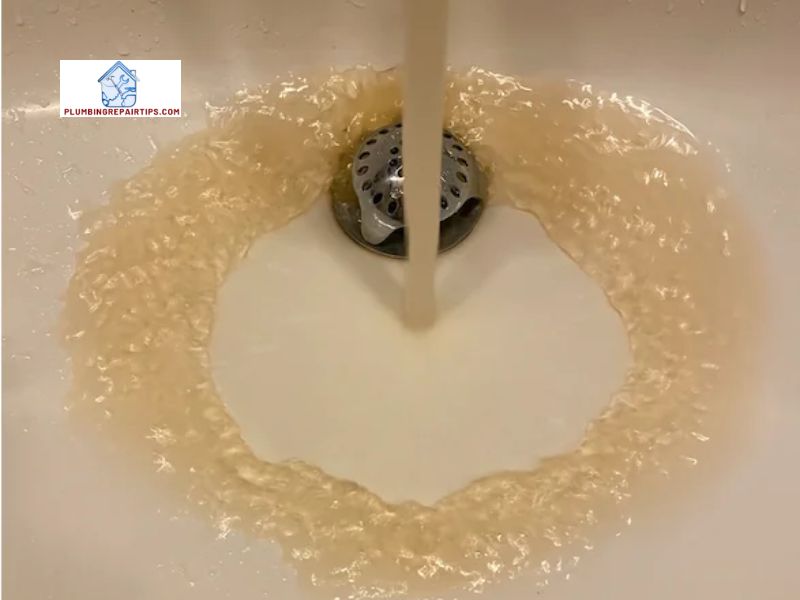
When faced with the disconcerting issue of brown well water, it’s crucial to take immediate action to identify the cause and implement effective treatment options. In this section, we will explore the various testing methods available to pinpoint the specific cause of the discoloration and discuss the range of treatment options to restore the clarity of your well water.
Water Testing Methods
To tackle the issue of brown well water, it is essential to conduct comprehensive water testing to determine the underlying cause of the discoloration. Several testing methods can be employed, including:
- Physical Examination: A visual inspection of the water’s appearance, odor, and sediment content can provide initial clues about the potential cause of the discoloration.
- Chemical Testing: Conducting chemical tests can help assess the levels of iron, manganese, and other minerals present in the water. This analysis aids in understanding the extent of the contamination and guides the selection of appropriate treatment methods.
- Bacterial Testing: In some cases, the discoloration may be a result of bacterial growth in the water. Testing for harmful bacteria can be done to ensure the water is safe for consumption.
Treatment Options
Once the cause of the brown well water is identified, there are various treatment options available to address the issue effectively. These include:
- Filtration Systems: Installing filtration systems, such as activated carbon filters or reverse osmosis systems, can effectively remove minerals and impurities, improving the water’s color, taste, and odor.
- Chemical Treatments: Chemical treatments, such as chlorination or oxidation, can be used to eliminate bacteria and oxidize iron and manganese, reducing their presence in the water.
- Well Maintenance: Regular well maintenance, including cleaning and disinfection, can prevent the buildup of contaminants and improve overall water quality.
It is important to note that the choice of treatment option depends on the specific cause and severity of the brown well water issue. Seeking professional advice from a qualified water treatment specialist can help determine the most suitable approach for your situation.
In the next section, we will discuss preventive measures and best practices to minimize the occurrence of brown well water and ensure a consistent supply of clean and clear water in your home. Stay tuned to discover practical steps you can take to prevent future discoloration issues.
Preventive Measures and Best Practices
When it comes to ensuring the quality and clarity of your well water, prevention is key. By implementing certain preventive measures and best practices, you can significantly reduce the occurrence of brown well water. Let’s explore some steps you can take to safeguard your water supply and maintain its pristine condition.
Well Maintenance and Regular Testing
Regular well maintenance is crucial in preventing brown well water. Schedule routine inspections to check for any signs of damage or deterioration in your well system. This includes monitoring the condition of pipes, valves, and other components to ensure they are functioning optimally.
In addition to maintenance, regular water testing is essential to identify any potential issues early on. Schedule periodic tests for your well water to monitor its quality and detect any changes or contaminants. Testing can help identify the specific cause of the discoloration, such as high levels of iron or manganese. By understanding the root cause, you can implement targeted treatment measures to address the issue effectively.
Proper Waste Disposal
Improper waste disposal can contribute to the occurrence of brown well water. Ensure that hazardous chemicals, fertilizers, and other pollutants are not disposed of in close proximity to your well. These substances can seep into the groundwater and contaminate your water supply, leading to discoloration and potential health risks. Follow proper waste management practices and dispose of these substances responsibly to prevent any adverse effects on your well water.
Importance of Regular Well Inspections and Professional Assistance
While regular maintenance and testing are crucial, it is also essential to seek professional assistance when needed. Engage the services of a qualified well contractor or plumber who can conduct thorough inspections, offer expert advice, and perform necessary repairs or treatments. Professional assistance ensures that any underlying issues are addressed promptly and effectively, minimizing the chances of brown well water.
By adopting these preventive measures and best practices, you can minimize the occurrence of brown well water and maintain a reliable and clear water supply. In the next section, we will explore various treatment options available to address brown well water effectively. Stay tuned to discover how you can restore the clarity and quality of your well water.
Preventive Measures and Best Practices
Now that we have explored the causes, health concerns, and treatment options for brown well water, let’s discuss preventive measures and best practices to help you avoid or minimize the occurrence of this issue in the future.
Steps to Prevent Brown Well Water
- Regular Well Maintenance: Schedule periodic inspections and maintenance for your well system. This includes checking for any signs of corrosion, leaks, or damage to pipes, pumps, and other components. Addressing these issues promptly can prevent water discoloration and ensure the proper functioning of your well.
- Proper Waste Disposal: Be mindful of how you dispose of waste materials, especially those containing chemicals or pollutants. Improper disposal can lead to contamination of groundwater, which can contribute to brown well water. Follow local regulations and dispose of hazardous substances responsibly to protect your water source.
- Monitor Water Usage: Keep an eye on your water usage patterns. Sudden spikes in water consumption can lead to excessive pumping, stirring up sediment and causing temporary discoloration. By monitoring your water usage, you can identify any irregularities and take necessary precautions to avoid brown well water.
Importance of Regular Well Inspections and Professional Assistance
Regular inspections conducted by certified well professionals can help identify potential issues with your well system before they escalate into major problems. These professionals have the expertise and equipment to conduct thorough water testing and diagnose the cause of brown well water accurately. They can recommend appropriate treatment solutions tailored to your specific situation and ensure the long-term health and functionality of your well.
In conclusion, addressing the issue of brown well water requires a combination of preventive measures, regular maintenance, and professional assistance. By taking proactive steps and being vigilant about the quality of your well water, you can ensure a safe and reliable water supply for you and your family. Remember, prevention is key, and seeking professional guidance is crucial in maintaining the integrity of your well system.
For more information and expert advice on plumbing and well-related topics, visit plumbingrepairtips.com. Together, we can safeguard the well-being of your water supply and promote a healthier home environment.

